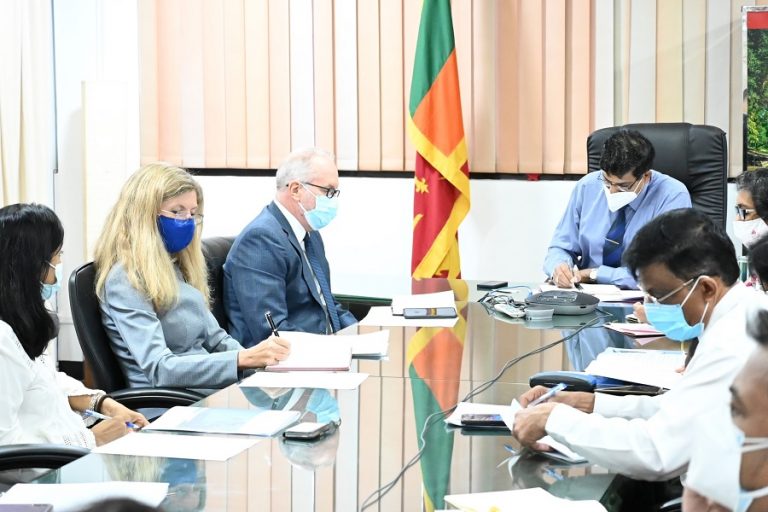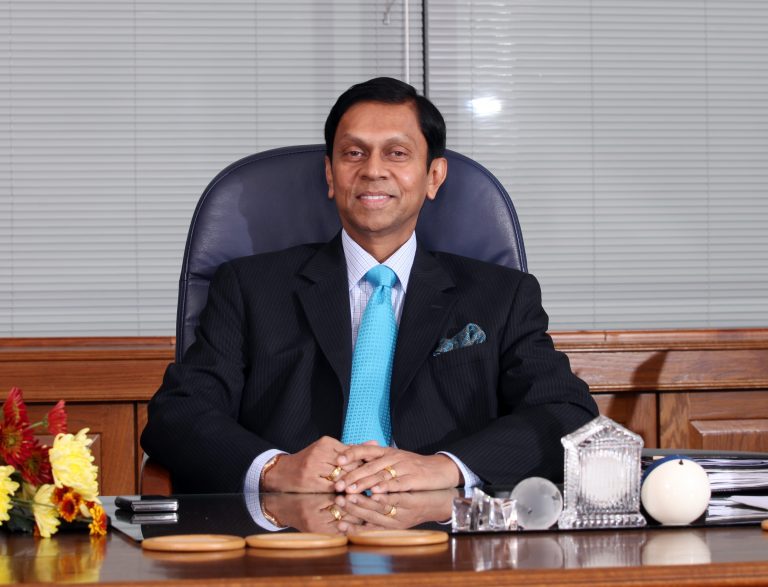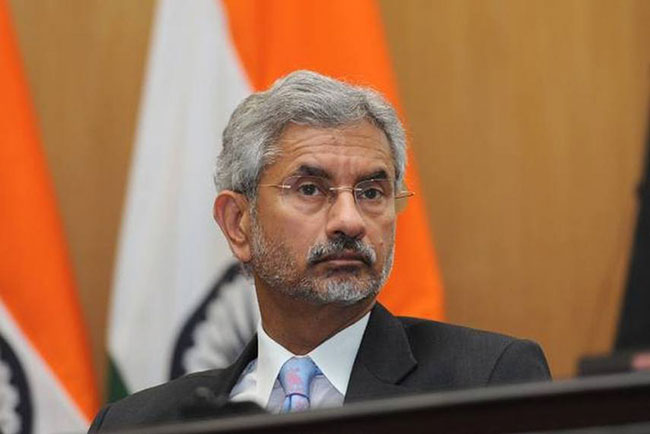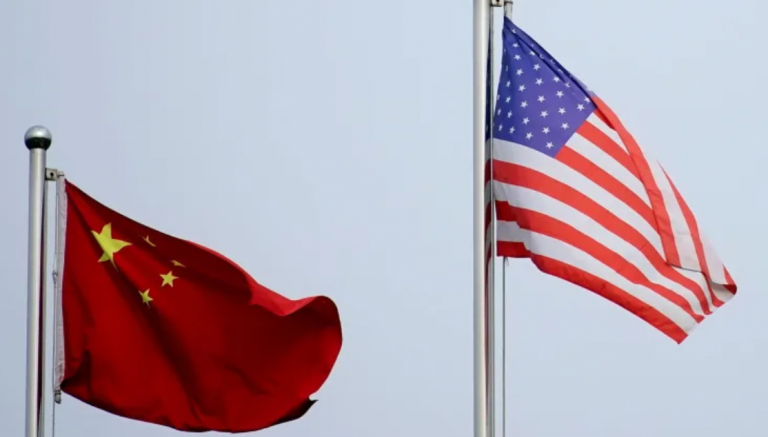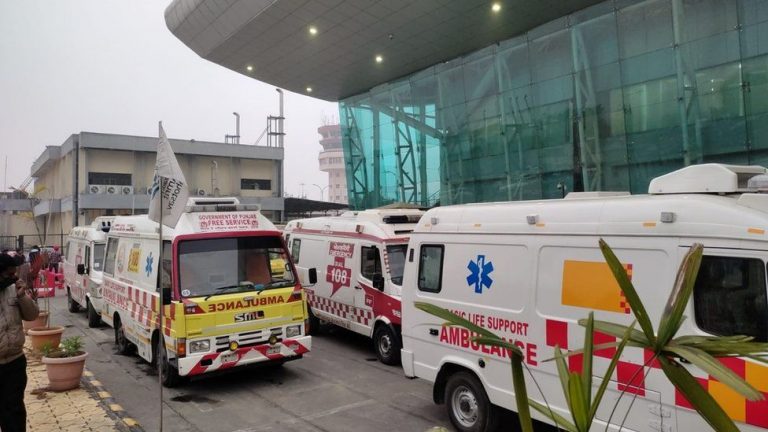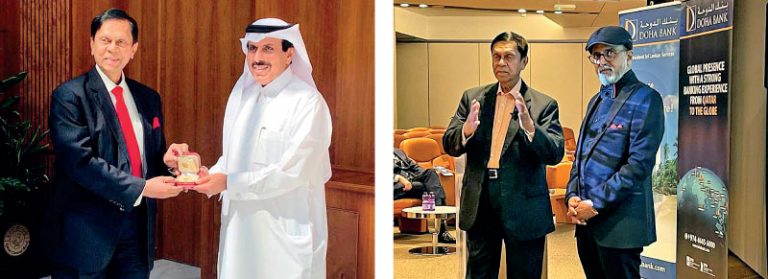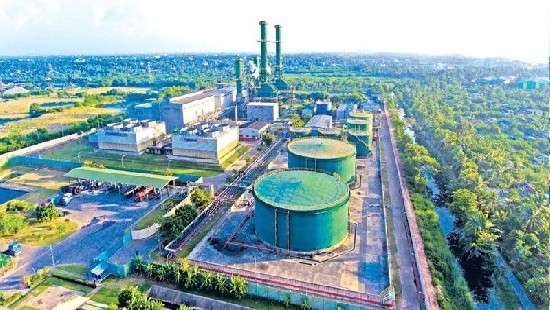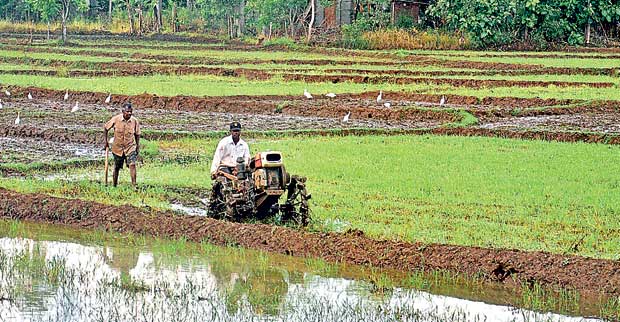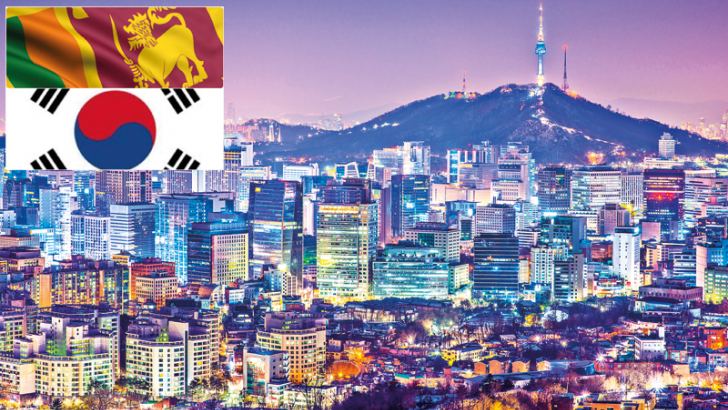Recognizing the need to revitalize tourism, the European Union (EU) and the United Nations Development Programme (UNDP) in Sri Lanka have come together to support the Government and people of Sri Lanka to build back tourism as a resilient and sustainable sector.
The Tourism sector being a vital foreign exchange earner and source of employment in Sri Lanka’s economy has suffered multiple crises since the 2019 Easter attack and the ongoing COVID-19 pandemic.
Transforming tourism industry ie being carried out through the Transforming Tourism Project help Sri Lanka: Emerging from crisis as a strong, resurgent and rebranded industry, Tourism Development authority announced.
A key expected outcome of this initiative is to strengthen the tourism policy framework and institutional capacity at national level, providing vital policy direction to rebuild, recover and trigger transformational change for more sustainable and inclusive tourism in the island.
The draft Tourism Policy aims to create a unique tourism experience for travellers to Sri Lanka and create sustainable and inclusive benefits for all actors in the tourism industry.
This in turn will aid in protecting Sri Lanka’s best features; its natural resources, culture and history while benefitting local communities, taking the country a step closer to achieving the Sustainable Development Goals – leaving no one behind.
To this end, the Ministry of Tourism (MoT), in line with the recently published draft National Tourism Policy and public call for comments to the draft held a meeting on Thrsday 08.to discusses the engagement of the EU and UNDP in supporting tourism, particularly, in the implementation of the National Tourism Policy..
Speaking at the meeting on the importance of the National Tourism Policy, S. Hettiarachchi, Secretary to the Ministry of Tourism stated, “due to the nature of the tourism industry, developing policies after consulting the diverse array of stakeholders ensures a sustainable solution that is beneficial for Sri Lanka to unlock its true potential in developing tourism.
The Ministry of Tourism looks forward to cross-collaborating and working closely with all other relevant ministries, in order to create a more resilient tourism industry.”
Reiterating the EU’s support, Ms. Jenny Correia Nunes, Head of the Development Cooperation of the Delegation of the European Union to Sri Lanka and the Maldives stated, “The EU has been supporting Sri Lanka in a number of sectors including rural development, private sector support, justice and social inclusion.
In response to the impact of the COVID-19 pandemic, EU is now also focusing on tourism as we see the great potential and value addition it brings in terms of holistic economic and social development for the country and its citizens.”
Highlighting UNDP’s overall support to tourism recovery, Mr. Robert Juhkam, Resident Representative of UNDP in Sri Lanka stated, “UNDP helped bring together multiple stakeholders to widen the consultative process, importantly bridging perspectives and ensuring inclusiveness of Sri Lanka’s sustainable tourism revival.
The collaboration between the EU and UNDP signifies the critical importance of tourism to Sri Lanka’s post-COVID-19 economic recovery.
The Transforming Tourism Project will aim to address the urgent needs of the industry, strengthening the institutional framework and capacity to set it on a trajectory for a greener, more resilient future

